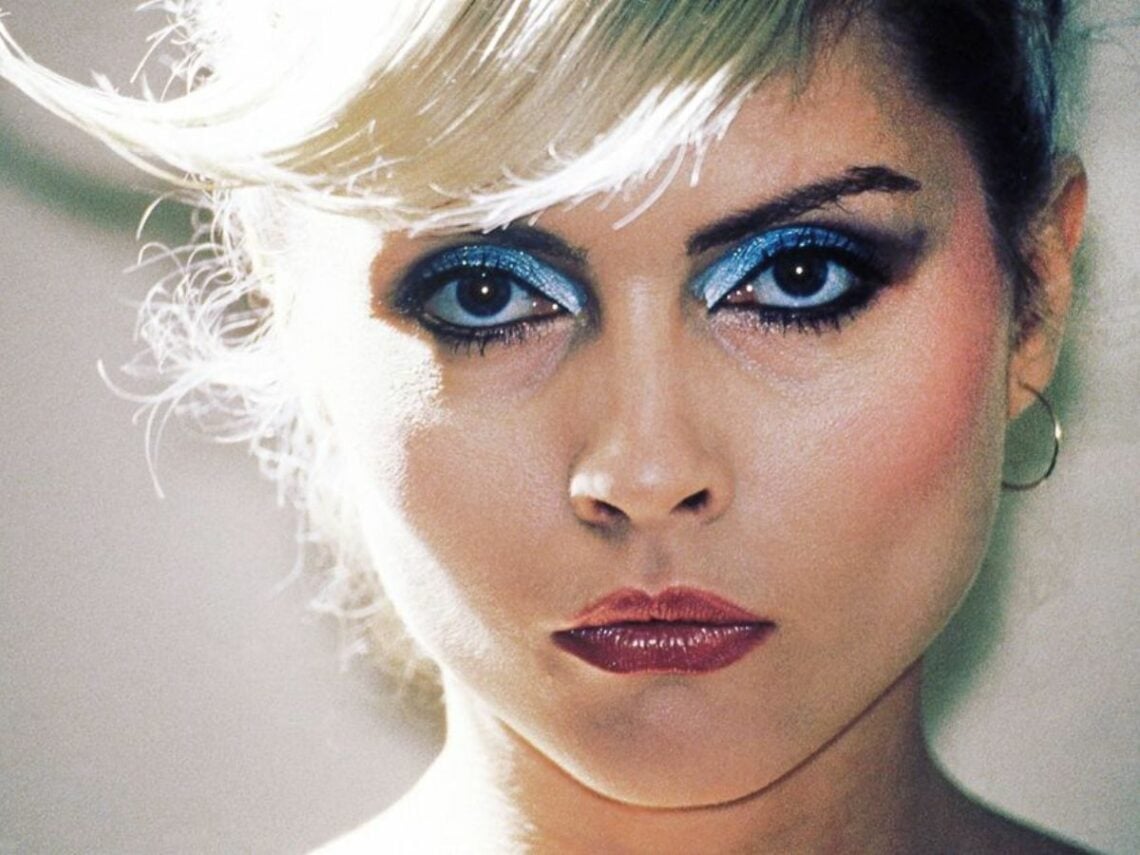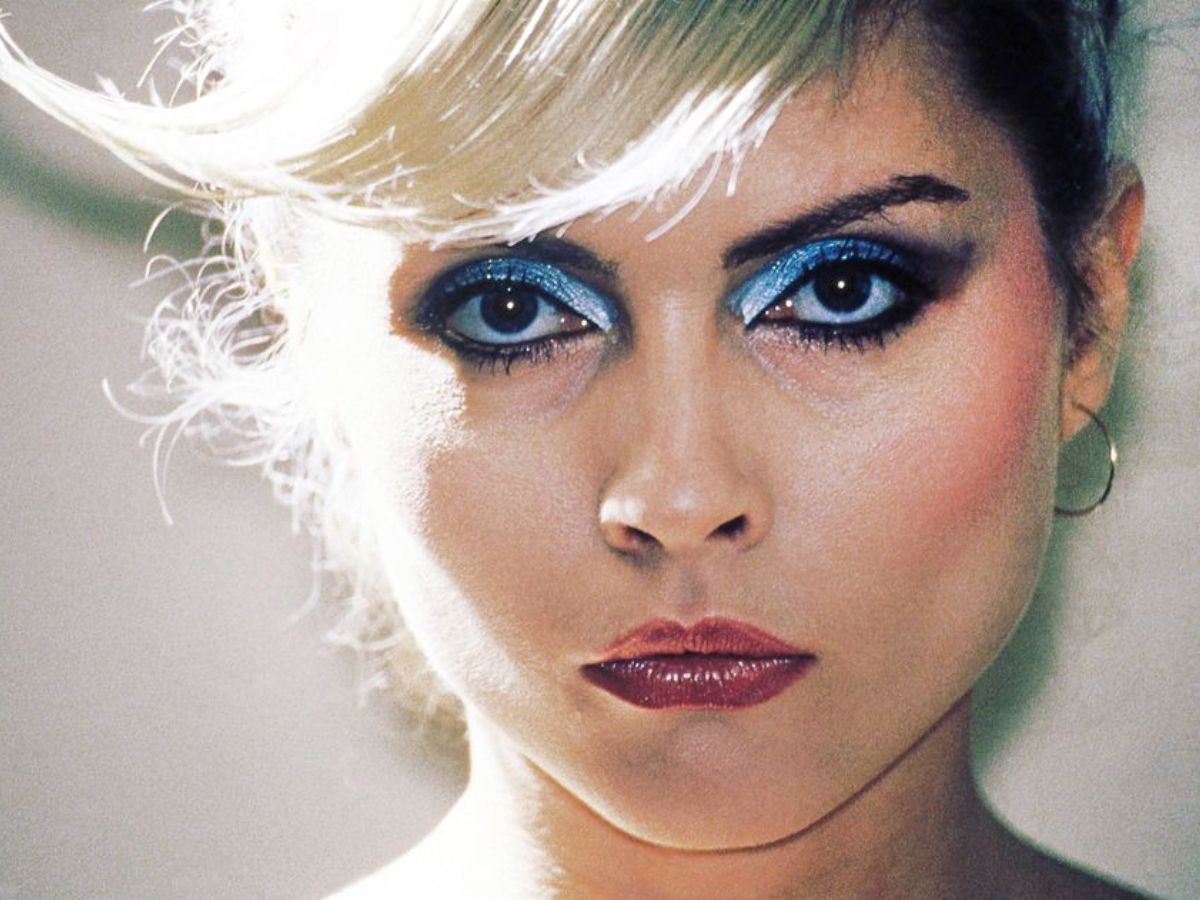
(Credit: Alamy)
Sat 1 November 2025 21:00, UK
Most bands that pioneered the new wave scene, like Blondie, will have quickly gotten used to being compared to just about every other band under the sun.
But that was also the game that they played at the time. The reason why many of the biggest new wave bands – including Blondie, Talking Heads, and Television – were so successful and popular was that they didn’t reinvent the wheel; they all had the familiar sprinklings of an array of different styles and genres and created something entirely new.
For Blondie, punk formed the foundation of everything they did. Even though it wasn’t a label they embraced, with Debbie Harry later saying that wasn’t really what they were about at all – it was just about creating music they enjoyed and that they wanted their audience to enjoy, too. In essence, that’s also the ethos of punk.
It doesn’t always mean loud, aggressive sonic choices or political messages. Often, it’s just about doing something when you know it’s a risk, because it feels real and authentic and a more honest reflection of the cultural zeitgeist. As The Clash’s Joe Strummer once said, “Punk rock isn’t something you grow out of, punk rock is an attitude, and the essence of that attitude is: ‘give us some truth’.”
That said, Blondie shed their punk skin fairly quickly, eventually joining the pop-rock and disco waves, with records like Parallel Lines proving that they were one of the more boundary-pushing outfits out there – for more reasons than one. Music aside, having Harry as a frontwoman also challenged the view that women in rock bands had to play the ‘male’ part, with Harry leaning into her own femininity with the kind of confidence that dared people to speak up.
At the same time, they challenged the view that punk and rock had become a weirdly stagnated elite group with only a select few lucky enough to make it. Competition was high, and some rock groups played into the fallacy that you either had what it takes or struggled to make it. While that was true in most cases, Blondie never wanted to come across as that stuffy.
When asked by The Believer about whether the rock landscape had struggled to evolve, Chris Stein used the Eagles as an example of bands they didn’t want to be compared to. “Bands like the Eagles presented this image of a closed group that you had to be really proficient to get into, and none of us were,” he said. “We were all enamoured of the Stooges and the MC5, and all the stuff that was very raw and struggling.”
The main reason why it worked, according to Stein, was the fact that there was a lot of mutual support between all the groups, and there were very few that seemed too egotistical to push the others along when they needed it. In the end, that ensured that the sounds coming out of the entire scene sounded completely original and entirely built on feeling.
As Stein put it: “We all were fans of one another, and so, you know: paying attention. I don’t know if anybody really wanted to be a dead copy. In a way, the thing that made the scene was that it wasn’t a format. There was no format. It wasn’t like there was a lot of schooling or trained musicianship. It was about enterprise and feeling, identity.”
Related Topics

